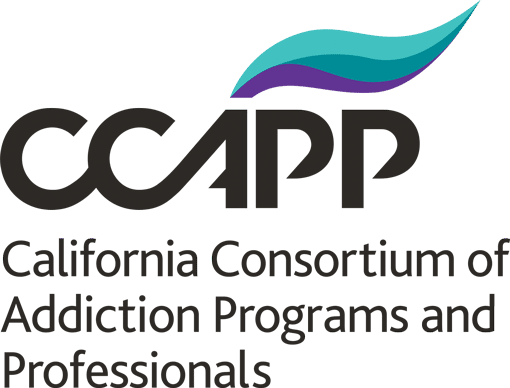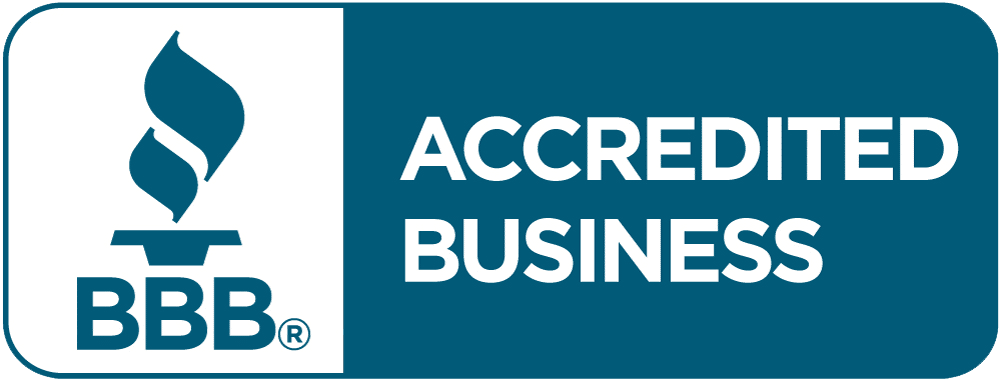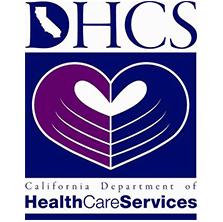As a Christian, you may wonder how it is possible for you to be depressed. With God by your side, you should not feel the helplessness and sense of isolation that you are feeling. You may doubt your relationship with Jesus, and even harbor thoughts of suicide. If such thoughts have driven you to use addictive substances, you may also feel enormous guilt and shame. Depression is a serious mental health problem that affects more than 15% of American adults, many of them Christians. The condition is a brain disorder involving the neural transmitters that regulate the brain’s mood centers. Genetics, biological changes in the brain, stress, trauma, and hormonal imbalances also play a role in the development of depression. The condition can interrupt your life, making it difficult to continue with ordinary activities like work, family interaction, and, for Christians, maintaining a spiritual connection with God.
• Feelings of extreme sadness, grief, or helplessness
• Sleeping too much or too little
• Under- or overeating
• Anxiety, irritability, & frustration
• Inability to concentrate or make decisions
• Loss of interest in day-to-day activities
• Extreme tiredness & unexplained pain
• Overuse of drugs or alcohol
• Fixation on past failures or thoughts of death
Depression is not an illness you can fix by yourself. Its diagnosis requires a thorough mental and physical health assessment by trained professionals. When drug and alcohol abuse co-occur with depression, it is necessary that both conditions be recognized and treated at the same time. For someone struggling with these circumstances, the first step is safe, comfortable detox. Only then, after the addictive substances have left the body, can an accurate diagnosis of depression be made and a treatment plan put in place.
Although depression is a serious medical condition, there are effective treatments for it. Non-habit forming medications are used to re-regulate brain chemicals. Individual psychological counseling and group therapy help patients identify irrational beliefs and unsupported emotional responses. Cognitive behavioral therapy (CBT), grief counseling, and trauma therapy help to work through attitudes and thoughts that may trigger unhealthy behavior. Additionally, life skills training, good nutrition, physical exercise, and medication management give patients tools to cope with stress and stick with the treatment plan.
Our Christian-based depression treatment centers integrate faith with proven therapies to promote emotional, mental, and spiritual healing. At our center, treatment includes:
By combining faith and evidence-based therapy, our Christian depression treatment facility helps individuals rebuild their lives with renewed purpose and connection to God.
Many Christians worry that depression and addiction are character defects that make them unworthy of a loving relationship with God. This belief leaves them feeling spiritually bereft. For their treatment to be truly effective, they must find their way back to God’s redeeming grace. At Northbound’s LINKS Christian Drug Rehab, we know that complete recovery also requires a restoration of the spirit. Faith-based healing workshops and a Christian 12-Step Recovery program provide Christian support and guidance for those who are journeying toward healing.
Through prayer, therapeutic workshops, Christian fellowship, church services, and evidence-based treatment practices, our treatment centers and top-tier staff help you reconcile and restore broken relationships with yourself and others. Our addiction treatment program can help you reclaim your inner strength and dignity through a renewed faith in Jesus. Our treatment is based on pillars of faith in a higher power and forgiveness, which have been proven to help individuals more effectively abstain from substance abuse.
At Christian depression treatment centers, individuals receive a comprehensive, faith-based approach to healing that blends clinical therapy with spiritual restoration. Upon arrival, each person undergoes a thorough assessment to develop a personalized treatment plan, and if substance use is a concern, medically supervised detox may be the first step.
Throughout the program, daily individual and group therapy sessions address emotional struggles, past trauma, and depression while reinforcing Christian values through scripture-based counseling. Faith is central to the healing process, with prayer, Bible study, and worship services integrated into the daily routine. Christian 12-Step meetings provide additional spiritual support and accountability, helping individuals rebuild their faith and regain emotional stability.
Holistic healing is also emphasized through physical wellness activities, nutritional support, and experiential therapies such as recreational outings. Family involvement, mentorship, and aftercare planning ensure long-term recovery, offering individuals the tools to maintain a strong foundation in faith and mental well-being beyond treatment.
Christian depression treatment centers integrate faith-based principles and Christ-centered counseling into traditional evidence-based therapies. This approach helps individuals heal not only mentally and emotionally but also spiritually, addressing the whole person and fostering a stronger connection with God.
No, you don’t have to be deeply religious or a practicing Christian to benefit from our programs. Our approach is rooted in Christian values, but we welcome individuals at any stage of their faith journey, offering a supportive and nonjudgmental environment.
Yes, we specialize in treating co-occurring disorders, including depression and addiction. Our programs are designed to address both challenges simultaneously, offering a comprehensive approach that integrates faith-based healing with evidence-based care.
We offer therapies such as individual counseling, group therapy, cognitive behavioral therapy (CBT), grief counseling, and trauma therapy. These are integrated with faith-based practices like prayer, Christian fellowship, and church services to promote holistic healing and recovery.
The duration of treatment varies depending on the individual’s needs. We offer flexible options, including short-term programs (30-60 days) and longer-term care for those requiring more intensive support.
Yes, maintaining a connection to your faith community is encouraged. Depending on the program, clients may attend local church services or participate in faith-based activities onsite.
We emphasize ongoing spiritual growth and relapse prevention through aftercare programs, support groups, and continued counseling. Our goal is to equip clients with the tools they need to sustain their recovery and strengthen their faith.
Absolutely. We offer family counseling and workshops to help loved ones understand depression and support their family member’s journey toward healing, restoring relationships along the way.
For severe depression, we provide intensive care that combines medical support, evidence-based therapies, and faith-based interventions. Our team is trained to handle complex cases with compassion and professionalism.
Yes, when necessary, non-habit-forming medications may be prescribed as part of a comprehensive treatment plan. Our approach balances medical interventions with faith-based support, ensuring that individuals receive the care they need while also focusing on spiritual healing.
Faith is the foundation of healing in a Christian depression treatment facility. Through prayer, scripture-based counseling, worship services, and Christian fellowship, individuals are encouraged to strengthen their relationship with God as they navigate their journey to emotional and mental wellness.
Our treatment programs are designed to integrate both faith-based healing and clinical therapy, as we believe in treating the whole person—mind, body, and spirit. However, we offer flexibility, allowing individuals to focus more on spiritual growth if that aligns with their personal recovery goals.
Yes, we offer both inpatient and outpatient options to accommodate different levels of need. Outpatient programs allow individuals to continue their daily responsibilities while receiving faith-based counseling, group therapy, and spiritual support.
No, Christian depression treatment is available for anyone facing depression, regardless of whether they struggle with substance use. While we do provide dual diagnosis care for individuals dealing with both depression and addiction, many of our clients seek treatment for depression alone.
While our programs are faith-based, we respect each individual’s comfort level and personal beliefs. Participation in Christian activities such as prayer groups, Bible studies, and worship services is encouraged but not mandatory. Our goal is to provide a supportive, nonjudgmental environment where healing can take place.
After completing treatment, individuals are encouraged to continue their spiritual and emotional growth through aftercare programs, church involvement, support groups, and ongoing counseling. We help create a long-term recovery plan to ensure continued healing and faith-based support.
Entering treatment is one of the most important investments you will make in life. Our Christian drug rehab understands your need for a smooth transition into addiction treatment—after all, it has already been a challenging road. Therefore, we want to mitigate the difficulty of determining how to finance drug abuse rehab. Because we believe the cost of addiction treatment shouldn’t be prohibitive, we have contracts with several PPO insurance providers to help pay for treatment. Here is a list of insurance providers we work with:





Are you ready to get help for you or a loved one? Request more information or get in contact with us using this form. One of our trained professionals will get in contact with you soon to get you started on your road to recovery. If you are ready to take the next step and learn more about how a Christian rehab center can aid in your recovery, feel free to reach out to us at any time. We are here to support you on your journey through drug or alcohol addiction and look forward to walking by your side with faith-based compassion.
3822 Campus Drive
Suite 100
Newport Beach,
Orange County, CA
92600